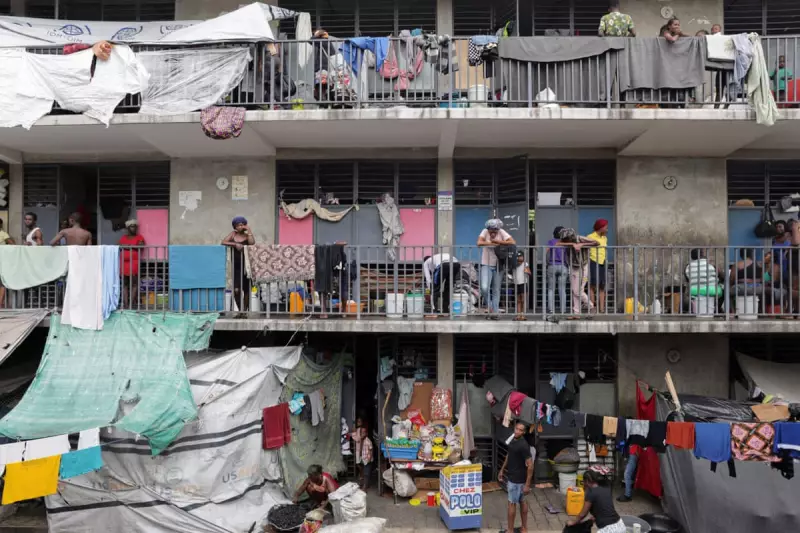
The Trump administration has announced it will not renew Temporary Protected Status for Haitian nationals, a decision that could affect approximately 60,000 people currently living legally in the United States.
The Department of Homeland Security confirmed the policy shift on Wednesday, November 26, 2025, setting a final departure date of August 3, 2026, for those protected under the programme. This gives recipients roughly nine months to either regularise their immigration status through other means or prepare to leave the country.
What is Temporary Protected Status?
Temporary Protected Status, commonly known as TPS, is a humanitarian programme that allows nationals from countries experiencing natural disasters, armed conflict, or other extraordinary conditions to live and work legally in the United States. Haiti originally qualified for TPS following the devastating 2010 earthquake that killed hundreds of thousands and left much of the country's infrastructure in ruins.
The programme has been extended multiple times under both Democratic and Republican administrations, with officials previously determining that Haiti remained unable to handle the return of its citizens safely. The Trump administration's decision marks a significant departure from this longstanding position.
Rationale Behind the Policy Change
In explaining the decision, Department of Homeland Security officials cited improved conditions in Haiti as the primary justification. They argued that the extraordinary circumstances that originally warranted TPS designation no longer exist, and that the programme was always intended as a temporary measure rather than a pathway to permanent residency.
However, immigration advocates and Haiti experts strongly contest this assessment. They point to ongoing political instability, severe economic challenges, and the country's continued struggle to recover from multiple natural disasters beyond the 2010 earthquake. Many argue that Haiti remains ill-equipped to absorb tens of thousands of returning migrants.
Impact on Affected Communities
The termination affects approximately 60,000 Haitian nationals who have built lives in the United States over the past fifteen years. Many have American-born children, own homes, and have established careers and businesses in their communities.
Community leaders express deep concern about the potential for family separations and the disruption to local economies that rely on Haitian workers. The decision also raises questions about what will happen to those who cannot safely return to Haiti or who have no remaining connections there.
Advocacy groups are already preparing legal challenges to the administration's decision, while congressional Democrats have promised to explore legislative solutions. However, with the deadline now set, affected individuals face difficult decisions about their future.
The Trump administration maintains that the decision reflects a commitment to enforcing immigration laws as written and ensuring that temporary programmes do not become permanent by default. Critics argue the move represents another example of the administration's broader efforts to restrict both legal and illegal immigration.





